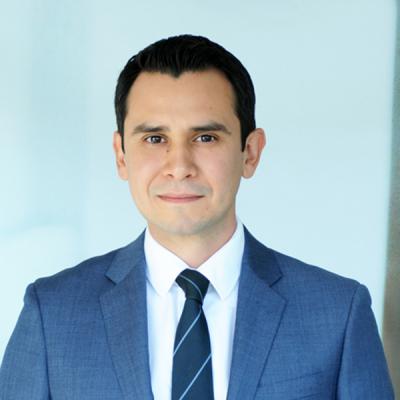TCPA Litigation Update — Breaking: U.S. Supreme Court Agrees to Decide Whether TCPA Exception Is Unconstitutional
On January 10, 2020, the U.S. Supreme Court announced that it accepted certiorari of a petition to review the constitutionality of the Telephone Consumer Protection Act. As is customary, the Court did not explain its reasoning for agreeing to hear this case. While the scope of this highly anticipated decision will remain unclear for some time, it is possible that the Court may place the validity of the TCPA itself in question — in addition to the TCPA exception challenged in the petition.
The matter is William P. Barr et al. v. American Association of Political Consultants et al., case number
The question presented in the petition is: Whether the government-debt exception to the TCPA’s automated-call restriction violates the First Amendment, and whether the proper remedy for any constitutional violation is to sever the exception from the remainder of the statute.
As noted in Barr’s petition, the TCPA generally prohibits the use of any “automatic telephone dialing system or an artificial or prerecorded voice” (ATDS) to “make any call” to “any telephone number assigned to a . . . cellular telephone service.” There is an exception for calls “made for emergency purposes or made with the prior express consent of the called party.” Congress recently added another exception in 2015 for calls “made solely to collect a debt owed to or guaranteed by the United States” (“the government-debt exception”).
Addressing the government-debt exception, the Fourth Circuit Court of Appeals held in April 2019 that the exception violates the First Amendment and is unconstitutional. The appellate court also concluded that the proper remedy was, therefore, to sever the government-debt exception but to leave the TCPA’s baseline restriction on calls made with an automatic telephone dialing system in place.
If the Court determines that severing the government-debt exception is not the proper remedy, the question remains: Will the Supreme Court go as far as invalidating the entire statute? What makes this development even more interesting is the fact that there is another TCPA petition pending before the Court, which may also gain traction in a few weeks.
Specifically, approximately a month before the Barr petition, on October 18, 2019, Facebook in a different case asked the Supreme Court to review whether the TCPA survives First Amendment strict-scrutiny analysis. This case is Facebook, Inc. v. Noah Duguid, et al., case number 19-511.
Facebook’s Supreme Court petition followed the denial of en banc review by the Ninth Circuit Court of Appeals. Facebook presented two questions for review: (1) “Whether the TCPA’s prohibition on calls made using an ATDS is an unconstitutional restriction of speech, and if so whether the proper remedy is to broaden the prohibition to abridge more speech”; and (2) “Whether the definition of ATDS in the TCPA encompasses any device that can ‘store’ and ‘automatically dial’ telephone numbers, even if the device does not ‘us[e] a random or sequential number generator.’”
The briefing in this matter took longer to complete, and the Supreme Court is expected to make a decision on whether to grant the Facebook petition in approximately two weeks, on January 24, 2020. It is possible that the Court will grant certiorari in this case as well and hear both matters together. In short, this is a very significant legal development, which has the potential to change the way many companies in the United States do business in 2021 and beyond.
Authors



